By Gavin Arucan | Staff Writer
Student clubs are some of the best ways to get college students to socialize and help out among their community through their specific hobbies. KCC has an abundance of clubs for students of different ethnicities, majors, and interests to take part in. The Bayanihan Club celebrates Filipino culture, the Ecology Club travels to Hilo every semester to help with reforestation, and the Anime Club shares their love of video games and obscure Japanese animation. However, there is one club that’s noticeably missing from KCC’s lengthy catalog: an LGBT Club.
LGBT stands for lesbian, gay, bisexual and transgender. This refers to the community of people who have a sexual orientation other than heterosexuality. The initialism has since grown to include intersex and queer or questioning individuals. The community and its supporters promote pride and individuality in the face of discrimination.
The LGBT community has garnered more support and has become more widely accepted, especially with gay marriage being legalized in 2015. However, the LGBT community still deals with prejudice from those view them as abnormal. Most college campuses have a club or service in which those in the LGBT community can get together and truly be a community, so why doesn’t KCC?
KCC did at one time have an LGBT club for students who identified as lesbian, gay, bisexual, or transgender. KCC’s LGBT Club was started with the purpose of creating a positive and safe environment for LGBT people to socialize and feel accepted.
“[The club] felt more like a place I could be accepted to because I’m pansexual,” said former president of the club and second-year KCC student Malia Blanch. “It was a place that I could go to and feel comfortable in my own skin. Also it had more of a closer meaning to me because my brother is gay, and growing up in his environment was harsher, so for him it was a sensitive topic. But once he started hearing about the LGBTQ Club and how it was becoming more popular with people wanting to be a part of it, for him [KCC] became a nicer place because not only was there a community, it was a lot closer to home.”
The LGBT Club attended several events to help the community around KCC, one of them being the Honolulu AIDS Walk, which raises funds to fight HIV and AIDS in Hawaiʻi. The club also worked with other LGBT clubs from other college campuses, like the one from UH Mānoa, on various projects within the community. In its height, the LGBT Club hosted its own social events such as one on the Transgender Day of Remembrance, a few workshops, and several film screenings in Lama Library.
Unfortunately, the club became inactive due to Blanch and other people running the club becoming too busy with school or work. According to former faculty advisor, Maiana Minahal, Blanch couldn’t put the “same energy she had into the club” and had to make the difficult decision to close the club for now.
As it already was, only a handful of people would show up to club meetings.
“Not a lot of people showed up,” Blanch said. “Maybe they felt too shy or too scared to come.”
Without an active club as an option, now LGBT individuals have no dedicated “safe environment” on the KCC campus to truly feel like a community. To Blanch, it’s not too bad of a problem because of how hard the LGBT community outside of KCC “works together to push for rights like marriage equality. That was a huge thing that people pushed for and a lot of states are now accepting it, not just as a law, but in general.”
Because all the LGBT communities are strong and persistent, Blanch views some potential hardships like Donald Trump’s presidency as “not such a keen thing.” However, Blanch realizes that everyone in the LGBT community has his or her own perspective on topics such as Trump, whether he or she be for or against what the president stands for.
“I don’t think [LGBT KCC students] are receiving the amount of support that they need,” said Minahal, the former faculty advisor. As a KCC professor, Minahal is extending her helping hand to the LGBT community on campus through her work as a commissioner for the Commission on LGBT Equality.
“There have been some changes,” said Minahal. “For example, there’s a new preferred name policy so transgender students can have the name that represents their gender identity, rather than their birth name, used in class and on their records.”
The commission is still taking steps to improve the campus so that it’s more LGBT friendly, especially by creating the campus’s first all-gender restroom (located on the second floor of ʻIlima). Minahal and the other commissioners also host a lunch hour to talk to students but noted that “does not take the place of a club.”
“I think [what the commission does] is a positive thing,” said Minahal. “But it’s not the same as having a club where you get to share with other students who are also LGBTQ. A club gives [students] a sense of community with other people who may face the same issues and a safe place to talk about it. We need students to help maintain that safe space for other students. I think that having a club is super important, and I’m really sad that it isn’t open right now.”
Minahal hopes that the lunch hour with students sparks an interest to start the club again for bigger gatherings of LGBT students. Blanch still does plan to bring back the club eventually.
“I have some plans I have in mind already, but I just have to renew the paperwork and hopefully everything will go smoothly,” she said.
In the meantime, Blanch encourages all LGBT students seeking support to talk with the former club advisor Minahal or any of the former club members.

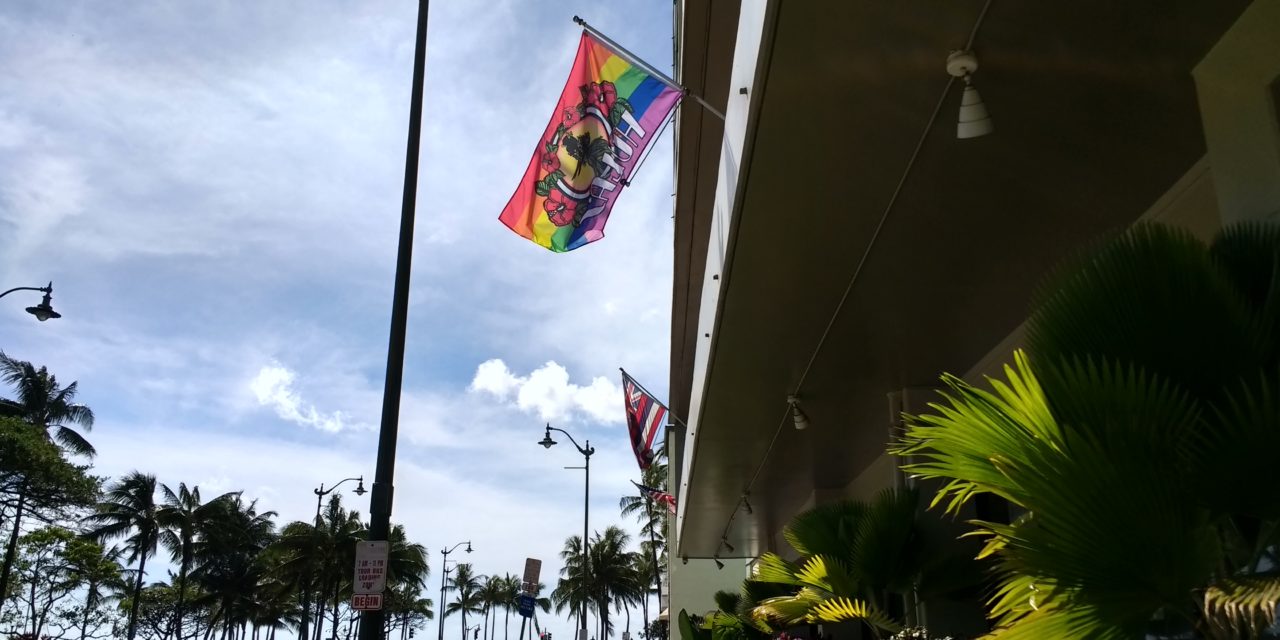

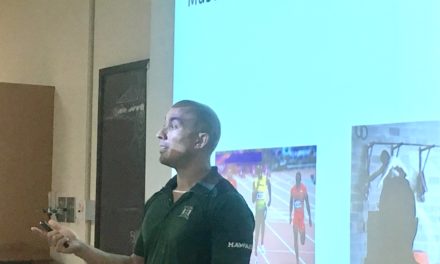
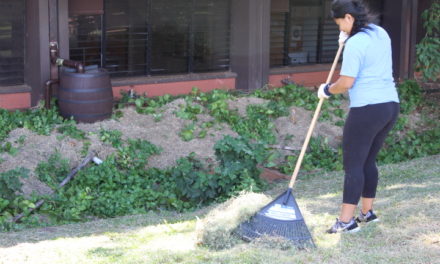
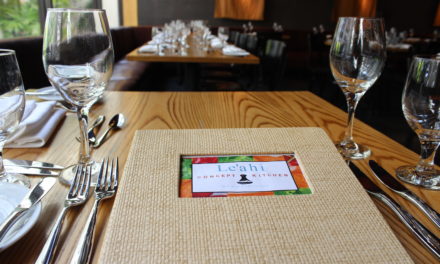
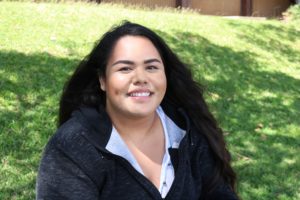
Trackbacks/Pingbacks